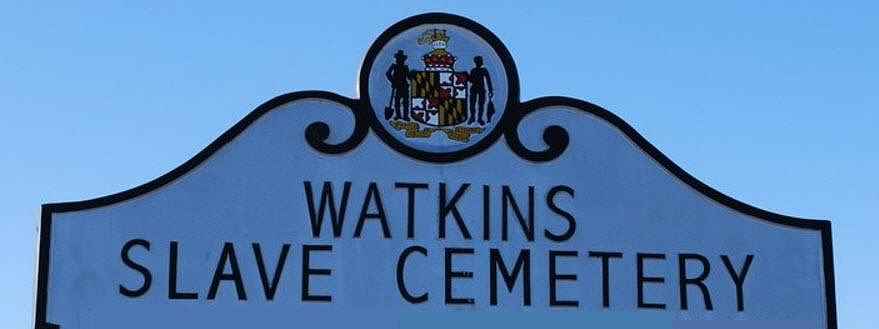

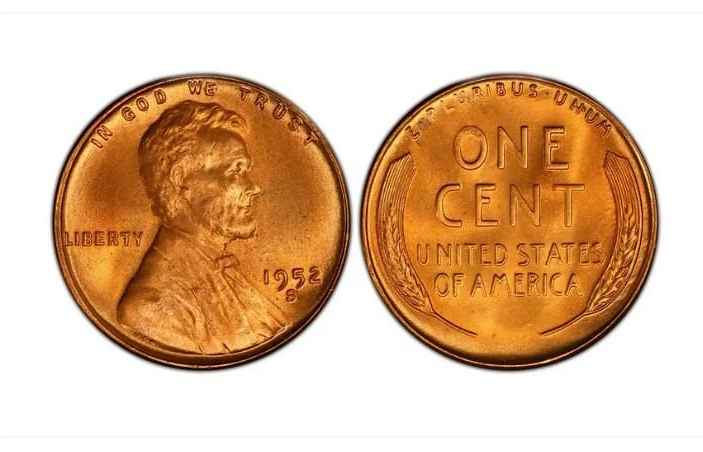
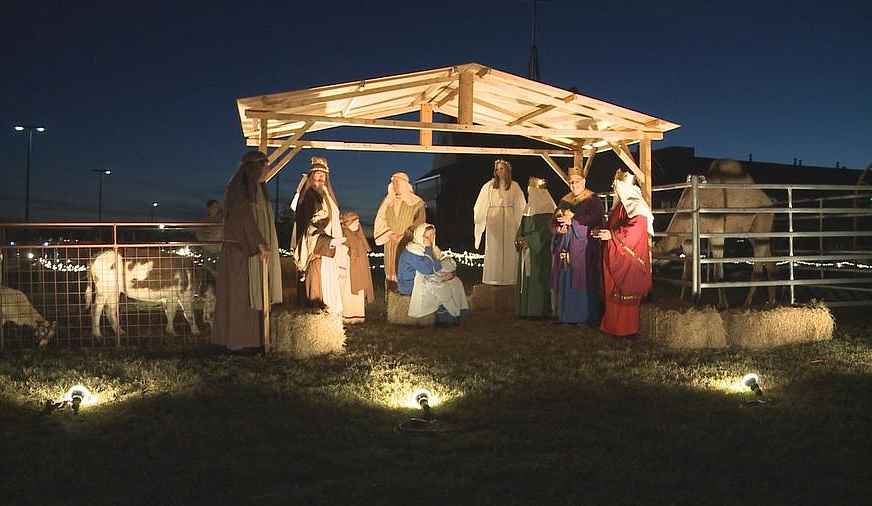

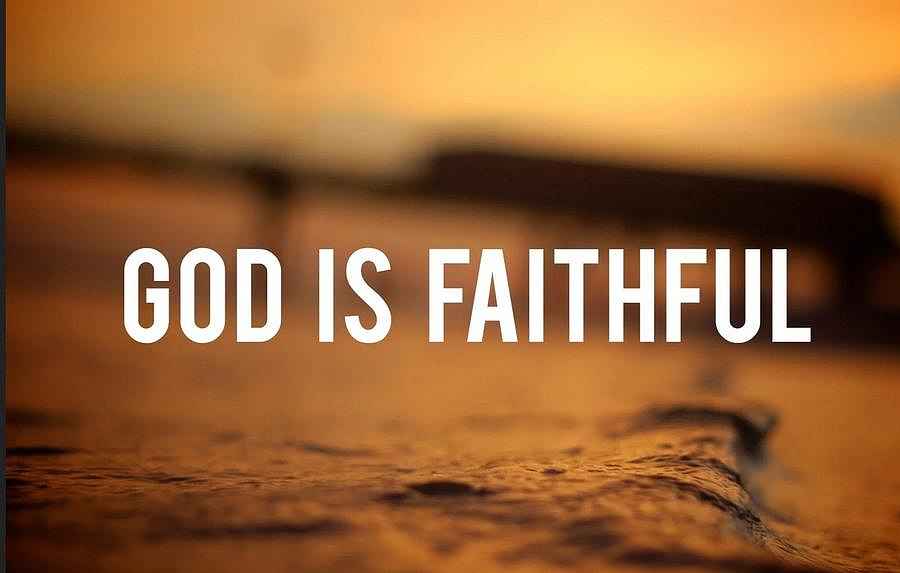

See listing of Recent and Most Popular articles on the Home Page
Hobbies & Lesiure
Category: History / Topics: Personal Stories (Biography/Autobiography) • History • Research
James Robert Watkins: Soul Brother
Posted: February 27, 2016
Digging up trivia and treasures when searching for namesakes…
Whether you use a family tree program or do an internet search on your name, you may dig up some fascinating information. That's what Jim Watkins found when he explored men who share his name…
In case you’re wondering, no I’m not the James Watkins who was killed in a quail hunting accident in Lawrenceburg, Indiana, nor was I the shooter, James Watkins. Same name, same state, two different people named James Watkins. Thanks for asking.
There are a lot of us named James Watkins, since James is the number one male name in the
United States. (There are 4,064,550 men named James and also—this is strange—12,750 womennamed James.) According to HowManyOfMe.com, there are 2,745 people in the U.S. of A. named James Watkins.
There’s a James Watkins who is . . .
• a movie director (Eden Lake)• the vice president of marketing for Burger King
• former Secretary of Energy and head of the AIDS task force
• an out-spoken minister from Ohio who doesn’t care much for “right-wing’ers”
• political candidate from Georgia
• TV anchor from New York City
• “All Pro” “Evil James Watkins,” an “intergendered” wrestler who grapples women
• James Nathan Watkins (not to be confused with James Norman Watkins), a registered sex offender.
To make things even more confusing, there are at least eight other authors with the name James Watkins and even two who share the same middle initial. (So, if I’ve ever written something you didn’t like, it’s not me!)
But my favorite author who shares my name is James Robert Watkins. The former slave is the author of two books. Apparently book titles were much longer in 1852 when he wrote:
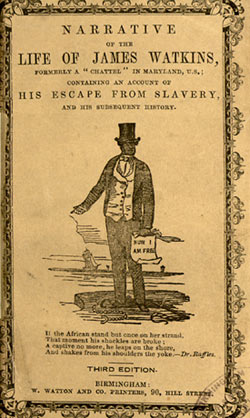
Narrative of the Life of James Watkins, Formerly a “Chattel” in Maryland, U. S.; Containing an Account of His Escape from Slavery, Together with an Appeal on Behalf of Three Millions of Such “Pieces of Property,” Still Held Under the Standard of the Eagle (Bolton, England: Kenyon and Abbatt Printers, 1852)
Poems, Original & Selected, By James Watkins, A Fugitive Slave (Manchester, England: Abel Heywood, 1859).
Here are some excerpts:
I was born on Mr. Abraham Ensor’s plantation, about six miles from Cockesville, Baltimore Co., Maryland. I do not know the date of my birth, slaves know little of dates, but, from what I have been able to gather, I think it was about the year 1821.
I remained upon the same estate till I attempted my first escape, about the year 1841.
My father’s name was Amos Salisbury; he was a clever, shrewd man. Mr. Ensor had made him into his overseer. He was a cruel and severe disciplinarian, and has often punished me very severely, never recognising me as his son.
My mother’s name was Milcah Berry. My father did not reside with her, nor yet own his children by her; he was a lawful wife who resided at Baltimore, but had no family by her.
I was called Sam Berry, after my mother, but more commonly “Ensor Sam.” I was removed from my mother when about a year old, and was nursed by an old female slave whom they called Aunt Comfort.
I lived with this old woman till about five or six years old, rolling in the dirt like a pig, and little better cared for.
I was now thought of some use to my owner, and was sent to attend the cows, and keep them off the corn, there being no hedges there.
I continued at this sort of employment till about nine years old, then, I was sent to the plantation, where my work was picking stones, clearing the soil, assisting the sheep-shearing, washing the wool, and making myself generally useful. I remained at this work till about twelve years of age; occasionally seeing my mother, but having all my food from the old woman, my nurse.
I was now employed in the general work of the farm, lodged with the other slaves, clothed in rags, sleeping sometimes under a tree, and sometimes at the lodging provided for us—a kind of shed, where male and female slaves were huddled in together for the night, without any bed but a sloping kind of platform inclining to the fire.
+ + + A circumstance which proves the violence of Mr. Ensor’s temper occurs to me: I was sent out to harrow in a large field of corn, and had got pretty well on with my work, when my master rode up on horseback, and, unfortunately for me, in that state sometimes called “three sheets in the wind.” He called me to him, and complained that my work was badly done.
I durst not answer, so he followed up his complaint by laying his cane about my head and shoulders; he then took the butt end of his whip, and struck me some violent blows on my forehead, which felled me to the ground, bleeding most dreadfully.
I was in an unconscious state for some time; my master got alarmed and thought he had killed me. Having dismounted from his horse, and called some slaves, he bade them remove me under the shade of a large tree; he then commanded them to rub me, in order to bring me round again.
I was then carried to the kitchen at the “Big House,” where I was cared for by Mrs. Ensor, who quite believed that her husband had beaten the senses out of me, and scolded him severely for having done so.
I remained in this state for some time, and, though badly hurt, was not so bad as I pretended, for I wished him to think that my senses were gone in order to get a little sympathy from him and others—an ingredient which poor slaves do not often meet with.
Though still keeping up the deception, I was set shelling corn, Mrs. Ensor frequently blaming my master for having “driven poor Sam crazy.” However, he came into the kitchen one day, evidently to try me, and called out “Sam, Sam, come here and saddle and bridle my horse.”
I looked up at him very stupidly, and followed him slowly to the stable. I then took down the bridle, and moving gently to the horse’s tail, began to lift up the bridle in that direction, when he cried out, “you black ghost, don’t you know the horse’s head from its tail,” and, taking it from me, put it on himself, and rode off.
I returned to the kitchen, where Mrs. Ensor continued her care of me, plying me well with calomel and jalap, until I was completely tired out, and resumed my occupation again. This affair had a very salutary effect on Mr. Ensor, who never ventured to beat his slaves on their heads again.
The above-named incidents serve to shew the degrading character of slavery, and its pernicious effects on the moral as well as the physical condition of both victims and victimisers.
I still continued Mr. Ensor’s slave, and got on for a length of time as comfortably as most do in my situation, but, from the frequent whippings and ill-treatment which I received, as well as witnessed, I began to feel a longing desire for freedom. I felt as though I had been unforfortunate in being born black, and wished that I could by any means change my skin into a white one, feeling certain that I should then be free.
Seeing my poor mother frequently shedding tears, I used anxiously to press her to tell me why she did so, and would often say, “Mother, why do you weep?” “Oh!” she would say, “I am sick at heart, to think that I am a poor, wretched slave for life, and you and your brothers and sisters are in the same condition.”
James Robert escaped to Hartford, Connecticut, in May of 1844. He was married to Mary Eliza Wells, a free black woman, in April of 1847. Fearing that he would be recaptured, he escaped to England in 1851.
While in England, James Robert wrote two books: one describing his life as a slave and another a book of poetry.
On August 7, 1851, James’s faither-in-law secured his freedom. His wife broke the news:
Your free papers—shame on the country which we ought to claim our own—that men and women must be bought like cattle, horses, hogs, and sheep; but it is so,—your free papers are come, and you can come home without fear of being arrested by tyrants as a runaway slave. When will this cruelty and oppression cease?
James Robert returned to the United States where he continued his writing and speaking out against slavery.
So, I am very proud to share the name with a writer, speaker and crusader for freedom, James Watkins. (Not so much, however, with “Evil Jim,” the intergendered wrestler!)
Click here to read more about my soul brother.
Photo The Watkins Slave Cemetery in Crownsville, Maryland, was discovered during road construction in 1960. The anonymous slaves buried there may have been some of James Robert’s relatives.
© James Watkins - used by permission
Search all articles by James N. Watkins
Jim Watkins is a humorist, author, and speaker who says of himself that he "loves God, his family, writing, speaking and Chinese food—in that order" • Author bio (website*) • E-mail the author (moc.sniktawsemaj@mij*) • Author's website (personal or primary**)* For web-based email, you may need to copy and paste the address yourself.
** opens in a new tab or window. Close it to return here.
Posted: February 27, 2016 Accessed 1,526 times
![]() Go to the list of most recent Hobbies & Lesiure Articles
Go to the list of most recent Hobbies & Lesiure Articles
![]() Search All Articles on the site
Search All Articles on the site
![]() Go to the list of Most Recent and Most Popular Articles across the site (Home Page)
Go to the list of Most Recent and Most Popular Articles across the site (Home Page)
 Loading requested view...
Loading requested view...